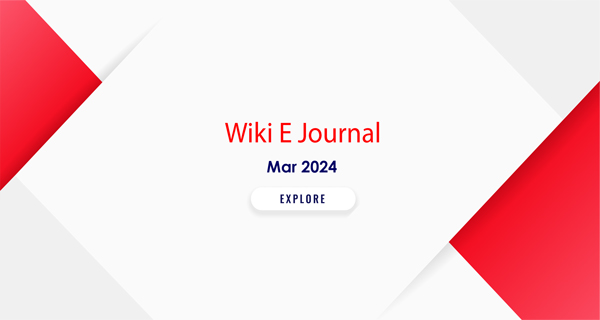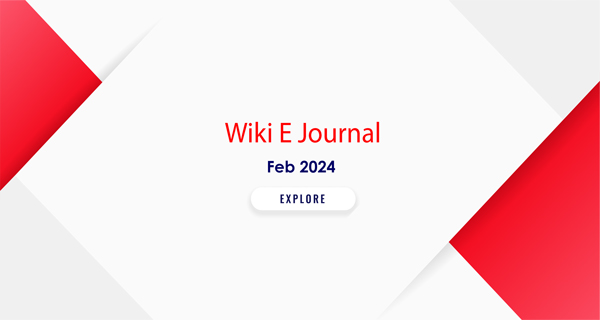In this edition, we have come up with an article on invoking general anti avoidance rules (‘GAAR’) where a taxpayer entered into a series of transactions. The contention of the taxpayer is that when provisions of SAAR squarely cover a particular transaction, provisions of GAAR cannot be invoked. On the other hand, the revenue has argued that the taxpayer abused the existing provisions of the law in order to obtain tax benefit. The Telangana High Court has given certain observations to GAAR and SAAR provisions and its interplay. In this article, the applicability of GAAR has been discussed when SAAR provisions exist in law.
The next article is on the invoking of provisions of section 43B of the Income Tax Act, 1961. Section 43B states that certain expenses are allowed only when such expenses are actually paid irrespective of the method of accounting followed by the taxpayer. In certain circumstances, the taxpayer may not route indirect taxes viz. GST through profit and loss account but pay through a separate ledger and shows balance amount as liability in the balance sheet. When such an amount has not been debited to the profit and loss account, the question arises is whether provisions of section 43B can be invoked and disallow the expense. In this article, the provisions of section 43B has been discussed in respect of tax payment.
We have also collated certain important judgments under direct tax and provided our comments wherever necessary.
Key Topics:
- Can GAAR be invoked when SAAR provisions exist in law?
- Taxes not debited to profit and loss account vis-à-vis section 43B
- Summary of Income Tax Decisions








